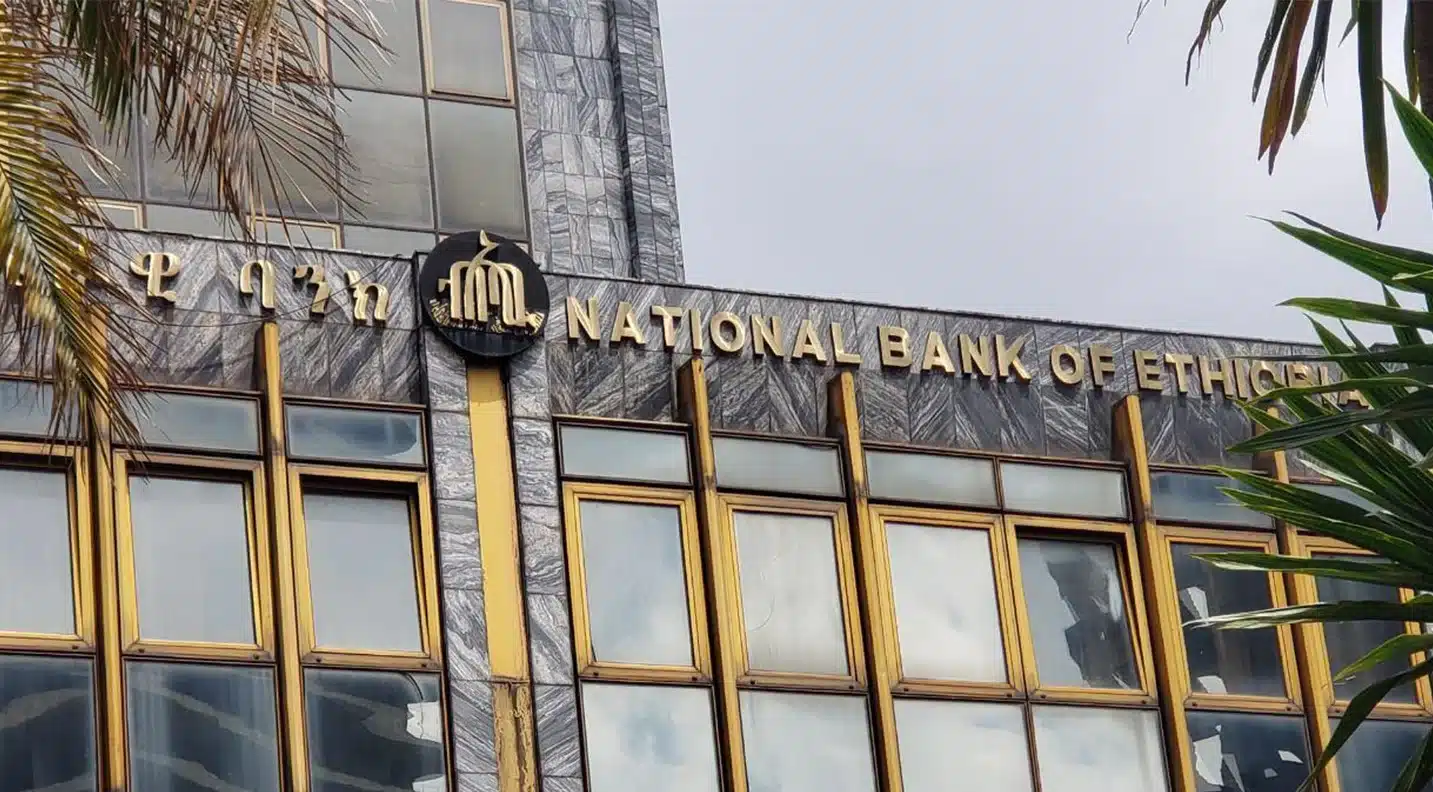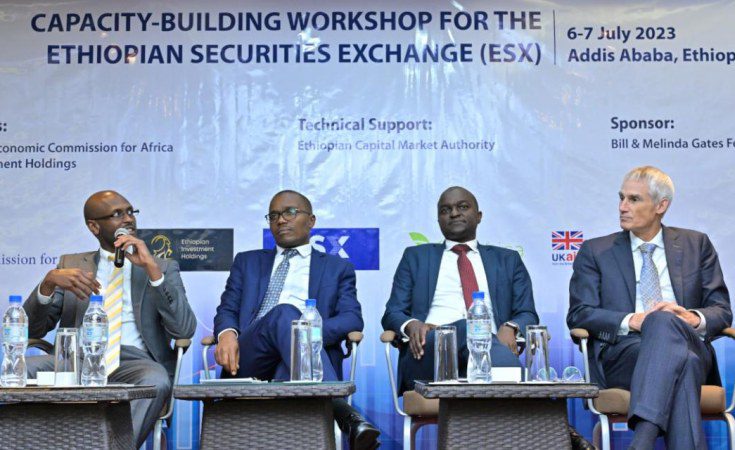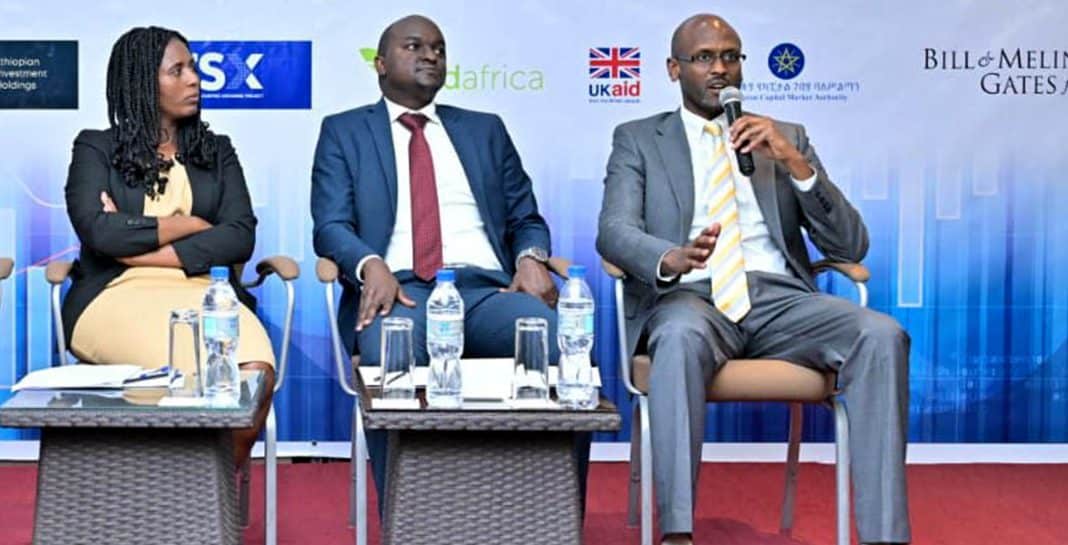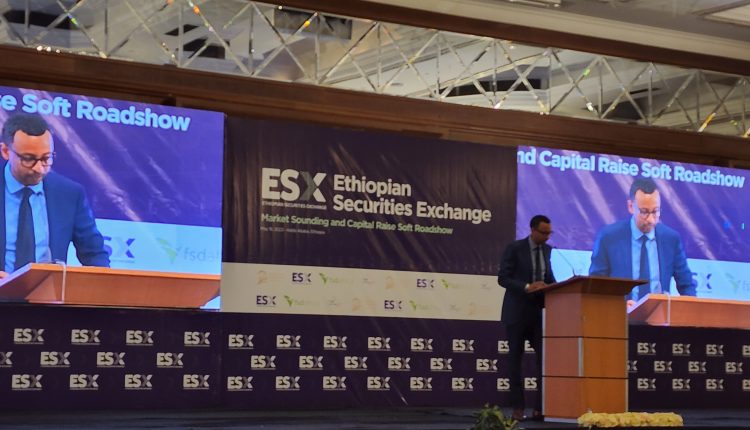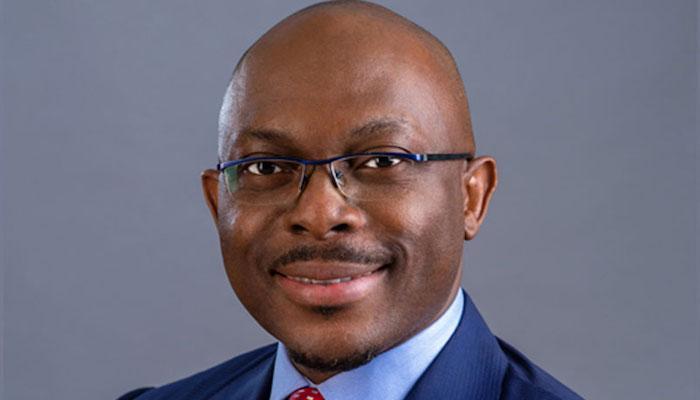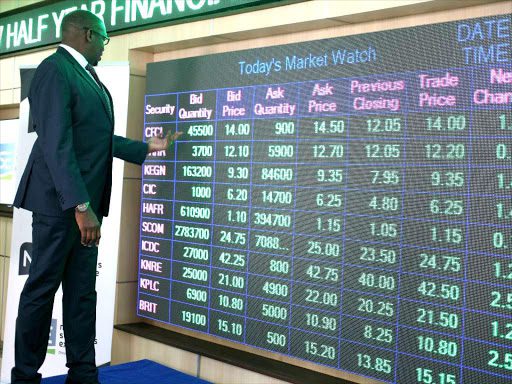Addis Ababa, July 6, 2023 – Efforts are underway to develop Ethiopia’s financial market as the government prepares to launch its first-ever securities exchange in 2024.
In light of this, representatives from the public and private sectors, potential investors, policymakers, and regulators are meeting in Addis Ababa for a two-day workshop aimed at strengthening the capabilities of key market participants, preparing potential issuers and investors for the ESX’s portfolio of instruments, and garnering support from key policy-making institutions and regulators.
Speaking at the opening of the workshop on July 6, Antonio Pedro, Acting Executive Secretary of the Economic Commission for Africa (ECA), described the ESX as a “game-changer for Ethiopia and the region.” He stressed the importance of inclusivity, sustainability, and connectivity to harness the platform’s full potential.
The workshop is co-organized by the Economic Commission for Africa (ECA), Ethiopian Investment Holdings (EIH), Ethiopian Securities Exchange (ESX), and FSD Africa.
Mr. Pedro reaffirmed ECA’s commitment to supporting African countries in their socio-economic development and expressed enthusiasm for partnering with Ethiopia on this groundbreaking financial market initiative.
According to Brook Taye, Director-General of the Ethiopian Capital Market Authority (ECMA), the ESX will serve as a “key part of a functioning Ethiopian capital market ecosystem.” Mr. Taye emphasized that ECMA was “fully committed to supporting the launch of the ESX and will work closely with the ESX team as it becomes a full-fledged securities exchange over the next year.”
Mark Napier, CEO, FSD Africa said: “We are pleased to be collaborating with the Government of Ethiopia in this historic initiative that will accelerate the development of capital markets in Ethiopia. Our assistance for establishing the Ethiopian Securities Exchange will leverage FSD Africa’s vast expertise and experience in developing capital markets infrastructure across Africa. This support signals our long-term commitment to a thriving capital market that is deep, liquid, and efficient”.
As a pioneer securities exchange and market organizer, said Michael Habte, ESX Project Manager, the platform will “play a critical role in the development and growth of the Ethiopian capital markets.” He stated that ESX will deploy a “state-of-the-art electronic trading platform for the equity and fixed-income markets as well as an innovative alternative capital market that caters specifically to up-and-coming SMEs.”
Mr Habte underscored the importance promoting accessibility of the market to issuers and investors in Ethiopia and abroad, including Ethiopia’s large retail and diaspora investor base.
“A thriving, deep, and liquid Ethiopian capital market will require the full support of valuable development partners to realize the catalytic development impact of a modern securities exchange as we embark on the launch of the Ethiopian capital markets,” said Mr Habte.
The capacity-building workshop addresses a wide range of topics, including the money market, fixed-income market, equity market, policymaking, and market development.
Experts from the National Bank of Ethiopia, ECMA, ESX, FSD Africa, Afreximbank, the International Growth Centre, NCBA Investment Bank, Old Mutual Investment Group, and the Pension Benefit Guaranty Corporation will deliver training presentations and participated in interactive panel discussions to share their valuable experiences and insights.
With technical support from ECMA and financial assistance from the Bill & Melinda Gates Foundation, the workshop aims to establish the groundwork for a prosperous securities exchange in Ethiopia. This initiative can spur economic growth while fostering a robust financial ecosystem for investors and issuers alike.
About ECA
Established by the Economic and Social Council (ECOSOC) of the United Nations (UN) in 1958 as one of the UN’s five regional commissions, the United Nations Economic Commission for Africa’s (ECA’s) mandate is to promote the economic and social development of its Member States , foster intraregional integration and promote international cooperation for Africa’s development. ECA is made up of 54 Member States and plays a dual role as a regional arm of the UN and as a key component of the African institutional landscape.
For more information, visit: www.uneca.org
About EIH
EIH is a wholly state-owned company created under Proclamation No. 1263/2021 and Regulation No. 487/2022 as a strategic investment entity of Ethiopia to serve the strategic needs of its economy and build multi-generational wealth. EIH aims to achieve its purposes by bringing together public assets under a professional management structure and investing judiciously on a diversified range of strategic investment targets. EIH is operated as a private business organization with a view to driving performance of public assets using modern management practices, corporate governance standards, and systemic mechanisms to ensure the protection of shareholder’s interests.
About ESX
The Ethiopian Securities Exchange (ESX) is being established in line with the Capital Markets Proclamation (No. 1248/2021). Article 31 of the Proclamation provides that ESX shall be established as a share company by the government in partnership with the private sector, including foreign investors. The Government of Ethiopia is expected to hold a minority share in the establishment of ESX. The establishment of ESX is primarily led by EIH with the support of Financial Sector Deepening Africa (FSD Africa). A dedicated Project Office, the ESX Project Office, leads the development work in preparation for the official launch of the exchange.
Read original article
